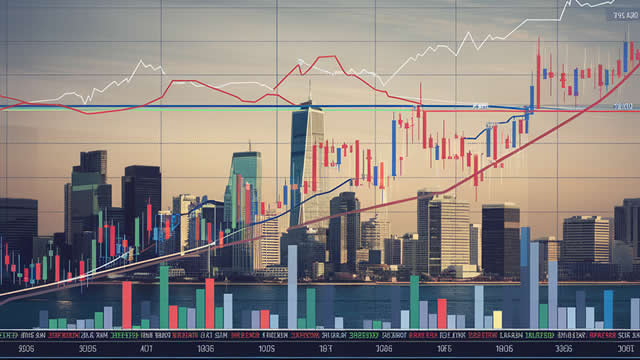Post-Election Uncertainties: An Analysis of Germany’s Coalition Developments and Potential Policy Shifts
As the dust settles from the recent German federal elections, the foreign exchange (FX) markets are abuzz with anticipation and uncertainty. The outcome of the elections has left the political landscape in Germany in a state of flux, with coalition negotiations underway to form a new government. These negotiations are closely being watched by investors around the world, as the potential policy shifts could have significant implications for the German economy and, by extension, the global economy.
Coalition Developments
The German elections resulted in a fragmented parliament, with no single party able to secure a majority. The center-left Social Democrats (SPD) emerged as the largest party, but they fell short of a majority. This has led to the need for a coalition government, with the SPD currently in talks with the center-right Christian Democratic Union (CDU) and its sister party, the Christian Social Union (CSU).
Potential Policy Shifts
The potential policy shifts that could result from a CDU/CSU-SPD coalition are significant. One of the key issues under discussion is the future of Germany’s energy policy. The SPD has called for a more ambitious climate protection agenda, which could result in a faster phase-out of nuclear and coal power. This could have implications for companies in the energy sector, as well as for countries that export coal and nuclear technology to Germany.
Another potential policy shift relates to Europe’s response to the ongoing refugee crisis. The SPD has taken a more welcoming stance towards refugees, while the CDU/CSU has been more restrictive. A coalition government that leans towards the SPD’s position could result in more generous asylum policies, which could have implications for countries that are currently dealing with large numbers of refugees.
Impact on the Global Economy
The potential policy shifts in Germany could have significant implications for the global economy. For example, a more ambitious climate protection agenda could lead to increased demand for renewable energy technologies and a reduced demand for fossil fuels. This could have implications for countries that are heavily reliant on fossil fuel exports, such as Russia and Saudi Arabia.
A more welcoming stance towards refugees could lead to increased demand for goods and services in countries that are currently hosting large numbers of refugees. This could provide a boost to the economies of countries like Turkey, Lebanon, and Jordan. However, it could also put pressure on the economies of European countries that are part of the Schengen Area, which allows for the free movement of people and goods between member states.
Impact on Individual Investors
For individual investors, the potential policy shifts in Germany could provide opportunities and risks. For example, companies that are involved in the renewable energy sector could benefit from increased demand for their products and services. On the other hand, companies that are heavily reliant on fossil fuel exports could see their stock prices decline if demand for their products decreases.
Investors who are holding positions in European stocks could also be impacted by any potential instability in the Schengen Area. A wave of refugees could lead to increased tensions between European countries, which could result in border closures or other restrictions. This could impact the valuations of companies that operate in the affected countries.
Conclusion
The post-election uncertainties in Germany are causing ripples in the FX markets and beyond. The potential policy shifts, particularly in the areas of energy and refugees, could have significant implications for the German economy and, by extension, the global economy. Individual investors should closely monitor these developments and consider the potential impact on their portfolios. As the coalition negotiations continue, it is important to stay informed and be prepared for potential market volatility.
- German elections result in need for coalition government
- Coalition negotiations underway between SPD, CDU/CSU
- Potential policy shifts in areas of energy and refugees
- Impact on global economy: renewable energy, fossil fuels, Schengen Area
- Impact on individual investors: renewable energy stocks, European stocks





